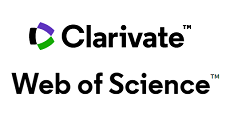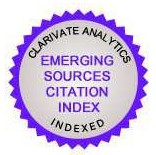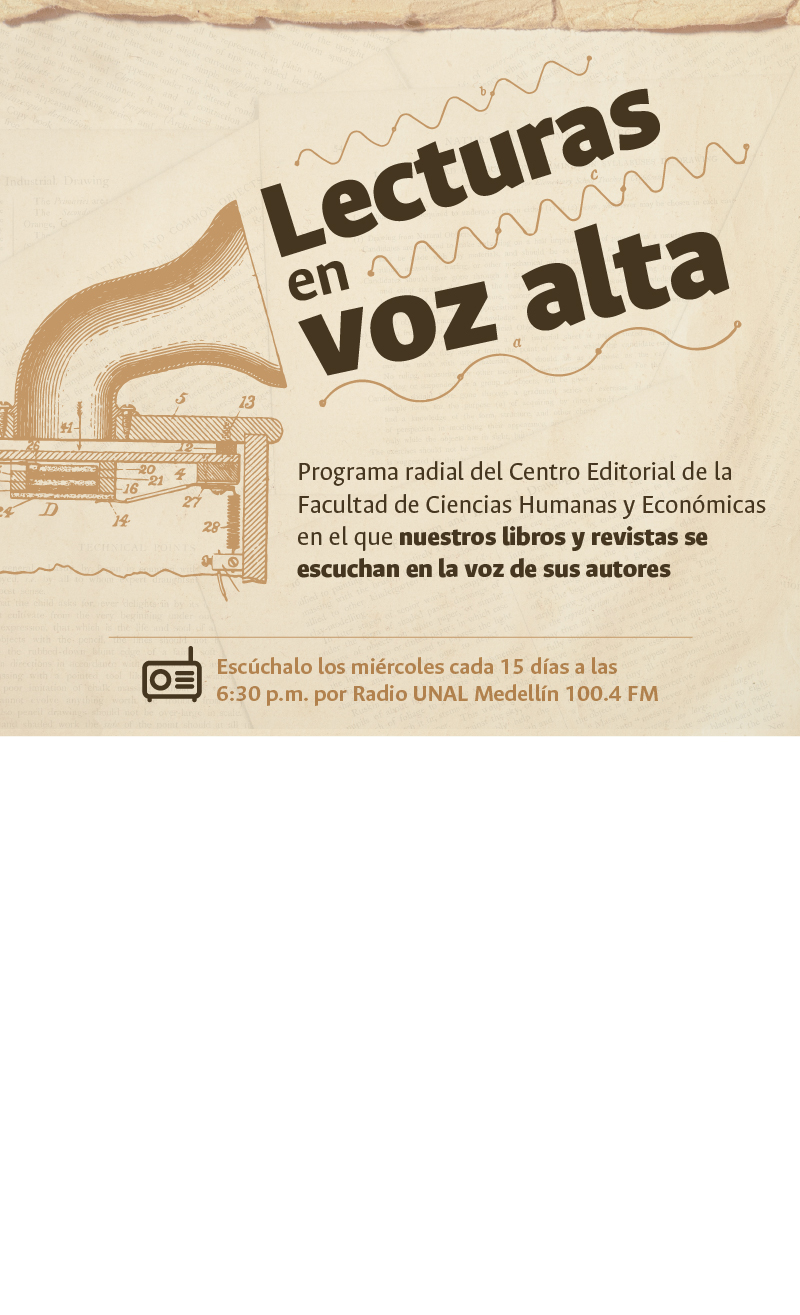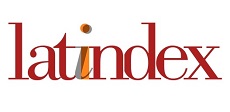About the Journal
Focus and Scope
HiSTOReLo is a space for the socialization of unpublished historical research with local and regional perspectives. It also promotes theoretical, historiographical and methodological disciplinary debates. This journal accepts proposals aiming to link this discipline to other sciences in order to foster interdisciplinary dialogue.
The content of the magazine is aimed at professionals, researchers, graduate students, and scholars interested in the creation of historical knowledge. It is published by Universidad Nacional de Colombia, Colombia, quarterly (published in January, May and September), since 2009.
The proposed articles must be original and not have been submitted previously to another journal.
Peer Review Process
Original papers will be subjected to an editorial review process to be developed in several phases. In the first place, accepted articles will be the object of a preliminary evaluation by the Publishing Committee, the director and /or the editor, who will determine the appropriateness of publishing each article. Once it has been established the article fulfills thematic and formal requirements, as indicated in the instructions, it will be sent to two external academic peers, who will anonymously determine: a) Accepted for publication, b) Accepted with changes, c) Rejected. In case of a discrepancy between the results, the text will be sent to a third referee, whose decision will define its publication, said decision will be reviewed by the Editorial Committee of the journal, which has the last word to approve or not the publication of the article. The evaluation also has a quantitative element, and that criterion generates an order of priority for acceptance or rejection. In this sense, the best evaluated texts in qualitative and quantitative terms will be selected. The journal publishes up to seven articles per issue. The results of the review process will be final in all cases. The authors will be free to look for publication in another journal after the verdict is given.
Afterwards, the selected authors must make a commitment to respond reasonably to the reviewers' comments, either incorporating the suggestions, observations, corrections, etc., and explaining the reasons why they do not accept some of them. In addition, incorporate the technical guidelines for writing and final presentation offered by the editor of the journal.
HiSTOReLo was founded by the Universidad Nacional de Colombia and the Asociación Colombiana de Historia Regional y Local in 2008. Currently, it is governed by Agreement CF-64 of 2018 (Act 19 of October 9) of the Faculty of Human and Economic Sciences, Universidad Nacional de Colombia – Medellin Campus.
Publication Frequency
HiSTOReLo is published in January, May and September.
Open Access Policy
This journal provides immediate open access to its content on the principle that making research freely available to the public supports a greater global exchange of knowledge.
Institutional Support
Indexing
The journal is located in the following indices (IBC, IB), databases with selection committee (BBCS), directories, catalogs and networks:
IBC
- Scopus
- SciELO Citation Index (WoS)
- SciELO (Colombia)
- Emerging Sources Citation Index (ESCI)
IBN
BBCS:
- America: History and Life
- Historical Abstracts
- Redalyc – Red de Revistas Científicas de América Latina y el Caribe, España y Portugal
- SocINDEX
- Urban Studies Abstracts
Academia.edu; Actualidad Iberoamericana; AmeliCA; Clasificación Integrada de Revistas Científicas – CIRC; Citas Latinoamericanas de Ciencias Sociales y Humanidades (CLASE); CLASE-BIBLAT; Clacso-Redalyc; DIALNET Fundación. Universidad de la Rioja; Directory of Open Access Journals (DOAJ); Directory of Research Journals Indexing (DRJI); Elektronische Zeitschriftenbibliothek Frei Zugangliche E Journals; Facebook; Fuente Académica Premier - EBSCO Publishing; European Reference Index for the Humanities and the Social Sciences (ERIH PLUS); Genamics JournalSeek; Google Scholar; JournalTOCs; Journal Scholar Metrics. Arts, Humanities, and Social Sciences; LA Referencia. Red de repositorios de acceso abierto a la ciencia; LatinREV; Library of Congress E-Resources Online Catalog; LatAm-Studies Full Text Plus; Mendeley; Miar;Organización de Estados Iberoamericanos para la Educación, la Ciencia y la Cultura; Portal de Revistas UN; Red de Bibliotecas Virtuales de Clacso; Red de Bibliotecas Universitarias (REBIUN); Red Iberoamericana de Innovación y Conocimiento Científico (REDIB); Rev-Sapiens; Researchbib; SHERPA – RoMEO; Sistema Nacional de Bibliotecas UN; ROAD. Directory of Open Access Scholarly Resources-ISSN; SciELO - Scientific Electronic Library Online Colombia; SCImago Journal Rank - SJR; Sistema Regional de Información en Línea para Revistas Científicas de América Latina, el Caribe, España y Portugal (Catálogo de LATINDEX); Ulrichsweb; Zeitschriftendatenbank (ZDB).
Publication Ethics
The author prior to the peer review process, must sign a manifesto declaring that the proposed publication is original, has not been previously published, nor sent for evaluation or publication to another journal.
It also agrees with good practice citation authors or sources of information, and should state the sources or institutions that financed or supported the research process and publication of results.
Finally, you must give credit to research assistants or, in cases of co-authorship, clarify how participation and contribution in the proposed text; also adopt ethical valuations in research and publication considered by Elsevier.
Estadísticas (Google Analytics - Users) (Visitas)
Sponsors
Universidad Nacional de Colombia, Sede Medellín. Facultad de Ciencias Humanas y Económicas. Departamento de Historia
Sources of Support
Journal History
HiSTOReLo was created by the initiative of the Colombian Association of Regional and Local History and the institutional support of the Universidad Nacional de Colombia in 2009. This is the first digital magazine specializing in history of the country . It was indexed and categorized in Publindex-Colciencias two years later, starts while a process of internationalization and visibility in different catalogs, indexes and international bibliographic databases in America, Europe and Asia.
Reviewer Guidelines
Reviewers will anonymously consider one of the following options: a) Accepted, b) Accepted with changes, or c) Rejected.
In case of a discrepancy between the results, the text will be sent to a third referee, whose decision will define its publication, said decision will be reviewed by the Editorial Committee of the journal, which has the last word to approve or not the publication of the article. The evaluation also has a quantitative element, and that criterion generates an order of priority for acceptance or rejection. In this sense, the best evaluated texts in qualitative and quantitative terms will be selected. The journal publishes up to seven articles per issue. The results of the review process will be final in all cases. The authors will be free to look for publication in another journal after the verdict is given.
Afterwards, the selected authors must make a commitment to respond reasonably to the reviewers' comments, either incorporating the suggestions, observations, corrections, etc., and explaining the reasons why they do not accept some of them. In addition, incorporate the technical guidelines for writing and final presentation offered by the editor of the journal.
HiSTOReLo was founded by the Universidad Nacional de Colombia and the Asociación Colombiana de Historia Regional y Local in 2008. Currently, it is governed by Agreement CF-64 of 2018 (Act 19 of October 9) of the Faculty of Human and Economic Sciences, Universidad Nacional de Colombia – Medellin Campus.



































